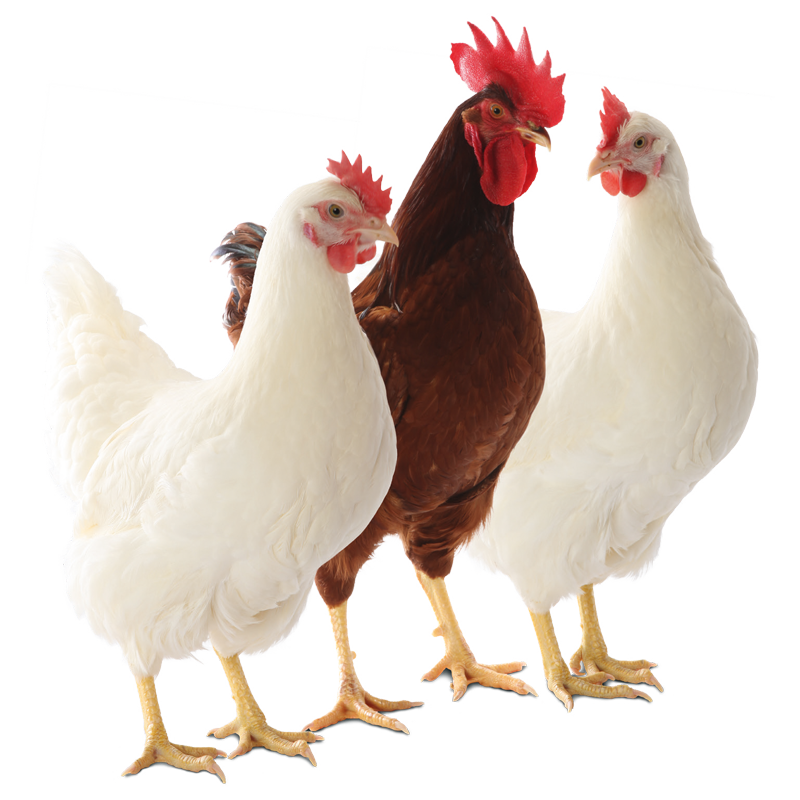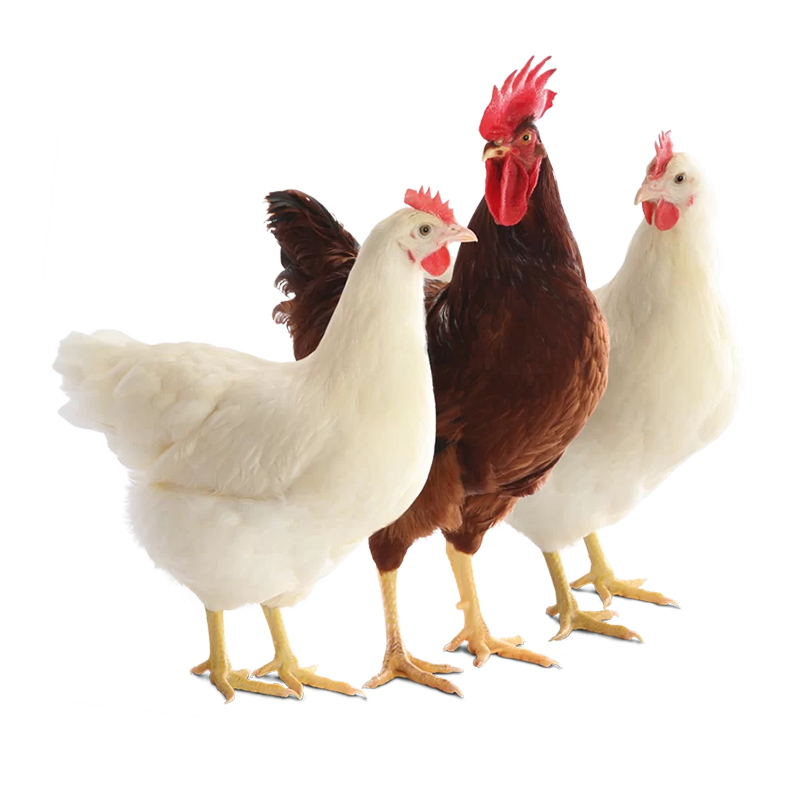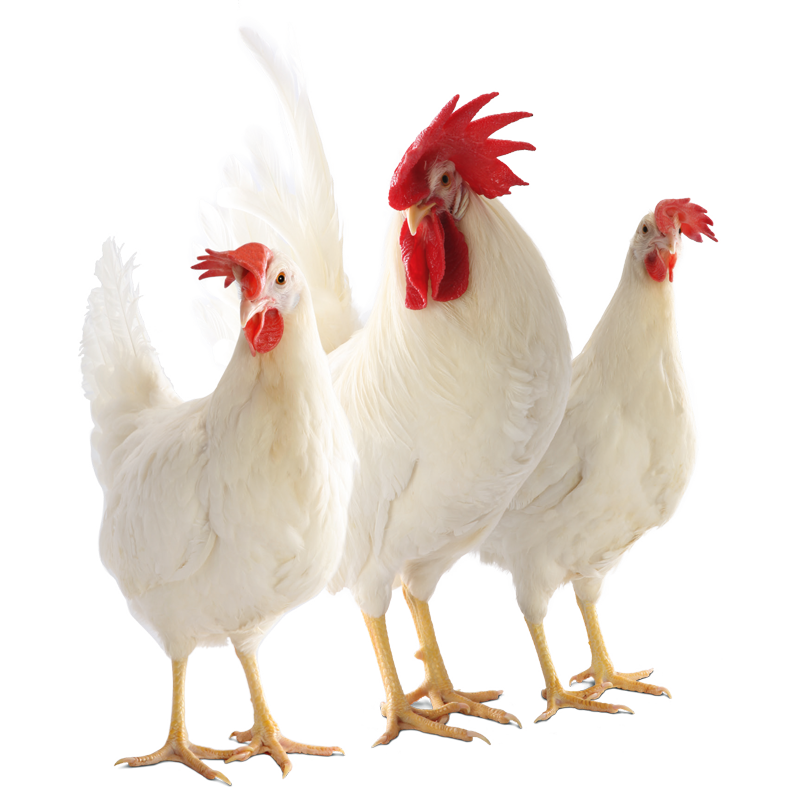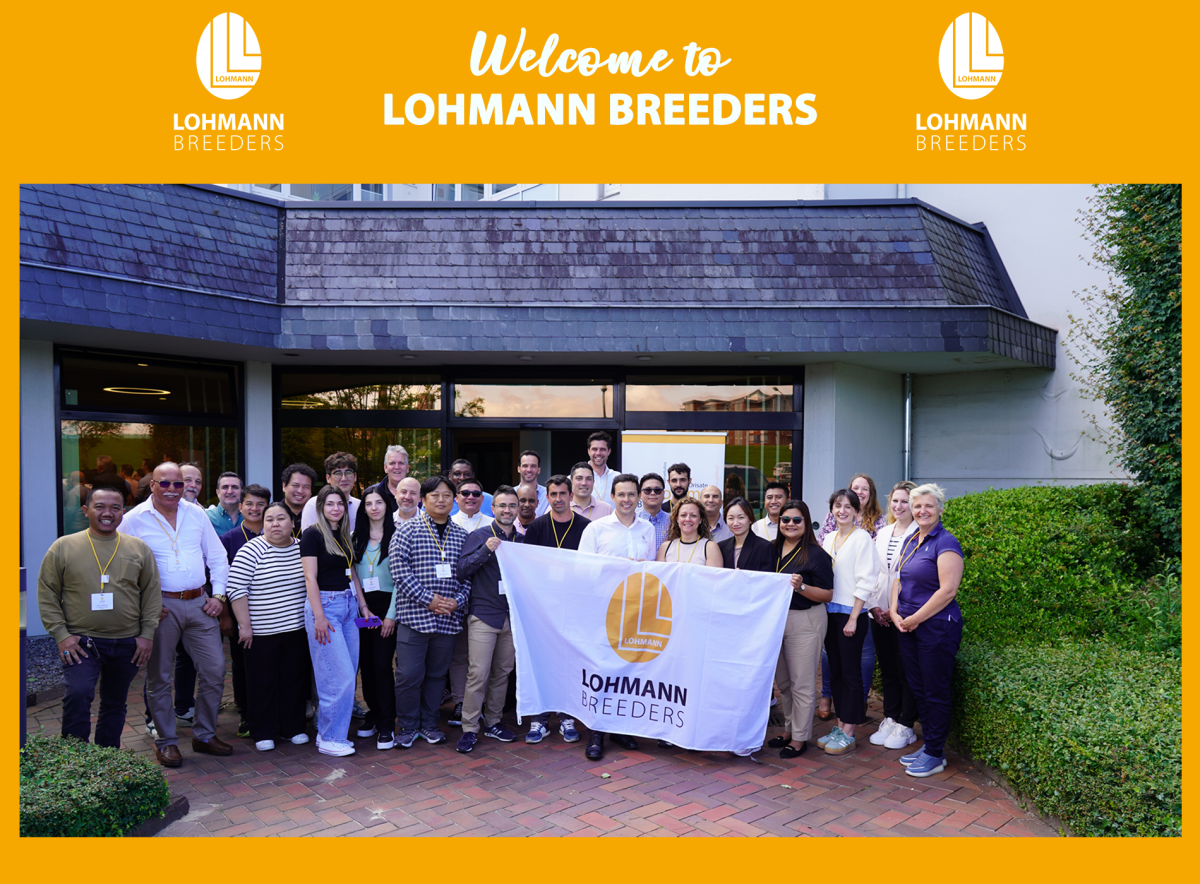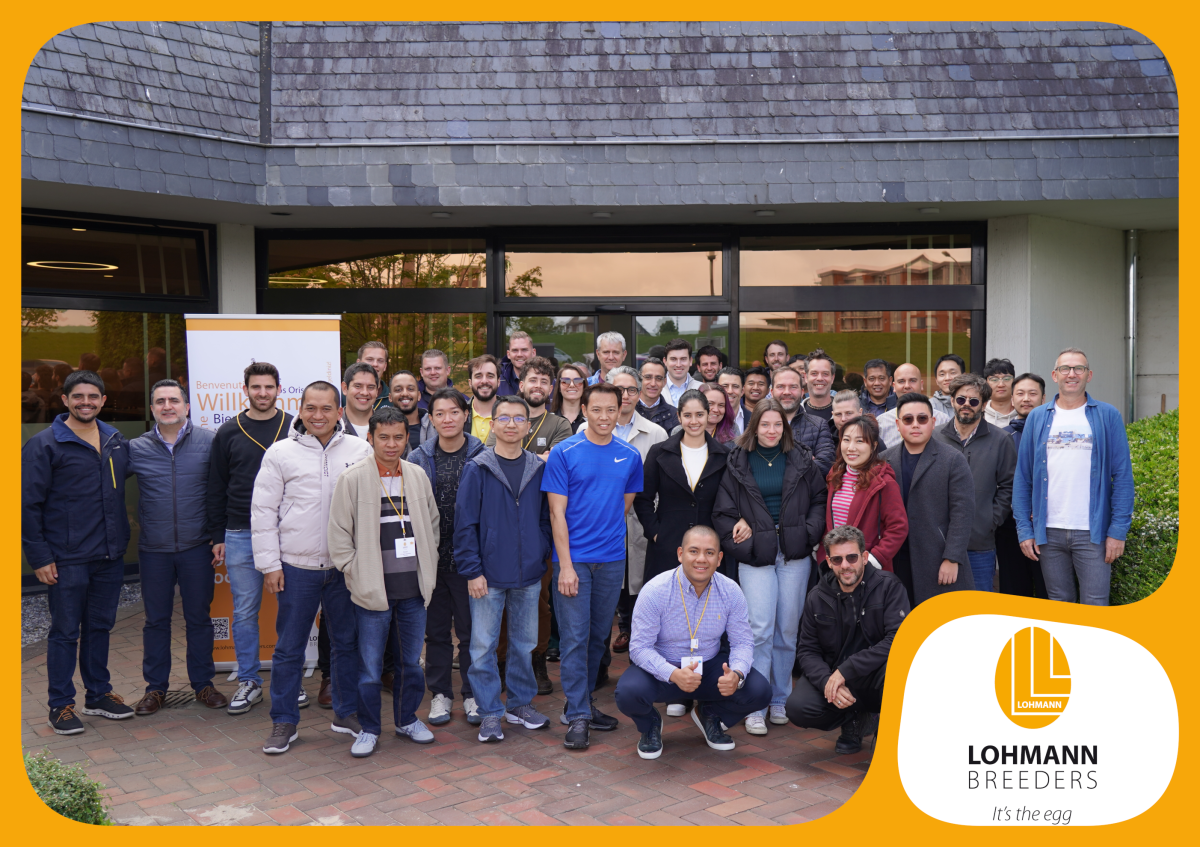The LOHMANN VETERINARY LABORATORY has a proud track record extending over several decades, celebrating its 60th anniversary this year.The Veterinary Laboratory was initially established to maintain the health of own breeding stock, but it soon turned out just how important veterinary “after-sales service” is for customers. The Laboratory employs highly qualified, specialist poultry veterinarians, who ensure that appropriate, practical measures are taken in a timely manner following careful diagnosis.
The team at the Cuxhaven location comprises laboratory technicians, 3 specialist poultry veterinarians and a biologist. The Animal Health, Veterinary and Hygiene & Diagnostics services provided by the Veterinary Laboratory are available to all national and international LOHMANN customers.
Examples include:
- Recommendations of vaccination programmes for LOHMANN customers
- Development of vaccination programmes for LOHMANN flocks
- Consultancy services as part of technical services for international customers
- Hygiene monitoring
- Infection status analyses of farms
- Proof of efficacy of cleaning and disinfection measures
- Assurance of optimum husbandry and production conditions
The Veterinary Laboratory is state-accredited under ISO/IEC 17025:2005. This ensures compliance with the most stringent quality standards and technical competence in performing all diagnostic investigations.
Comprehensive diagnostics
The Veterinary Laboratory provides a wide range of diagnostic solutions from different areas. Samples are received from customers all over the world.
Bacteriology
The detection and typing of salmonella is a core objective of bacteriological investigations as part of zoonosis control programmes. Comprehensive further investigation methods are required for state-of-the-art hygiene monitoring.
Classic pathogen isolation is used where the pathogens affecting diseased flocks need to be precisely identified and resistance profiles developed for antimicrobial therapy. Additional serological or molecular biological methods allow the various strains to be accurately differentiated and thus support epidemiological information that may be important in using the relevant pathogens for the production of flock-specific vaccines.
Serology
Serological investigations are conducted both to detect antibodies for identifying infections in flocks and to verify the efficiency of vaccination programmes. Optimised serological test methods are used in keeping with the given pathogen type and question at hand.
Methods such
as rapid serum agglutination (RSA), the agar gel precipitation test (AGP) and ELISA (enzyme-linked immunosorbent assay) are employed to detect antibodies against certain types of pathogens.Haemagglutination inhibition tests (HAI) and virus neutralisation tests (VNT) additionally allow antibodies against various pathogen serotypes or subtypes (for example infectious bronchitis or avian influenza) to be differentiated. The use of immunofluorescence assists in clarifying other types of specialised questions.

Virology
While molecular biological methods cover a wide range of issues arising in virological diagnostics, they cannot replace classic methods of virus isolation in embryonated chicken eggs or cell culture systems.
The Veterinary Laboratory of LOHMANN TIERZUCHT continues to provide these methods, which form the basis for isolating viruses for producing flock-specific vaccines against avian reoviruses or adenoviruses or the infectious bronchitis virus, among others.
Molecular biology
Molecular biological methods such as PCR (polymerase chain reaction) form an essential part of veterinary diagnostics, above all for poultry. Modern real-time PCR, for example, ensures that the potential involvement of avian influenza viruses in acute disease events can be clarified within a matter of hours, and the method has thus become an indispensable part of disease control.
While the detection of antibodies can only provide retrospective information on disease events in flocks, PCR allows the current health status in flocks to be determined, for example with regard to mycoplasmas.PCR as well as subsequent sequencing, if required, additionally facilitate the speedy identification of infectious bronchitis virus strains or the determination of virulence factors in E. coli strains.
Sampling
can be performed using a variety of carriers and media, which the laboratory is able to recommend to customers on an individual basis.
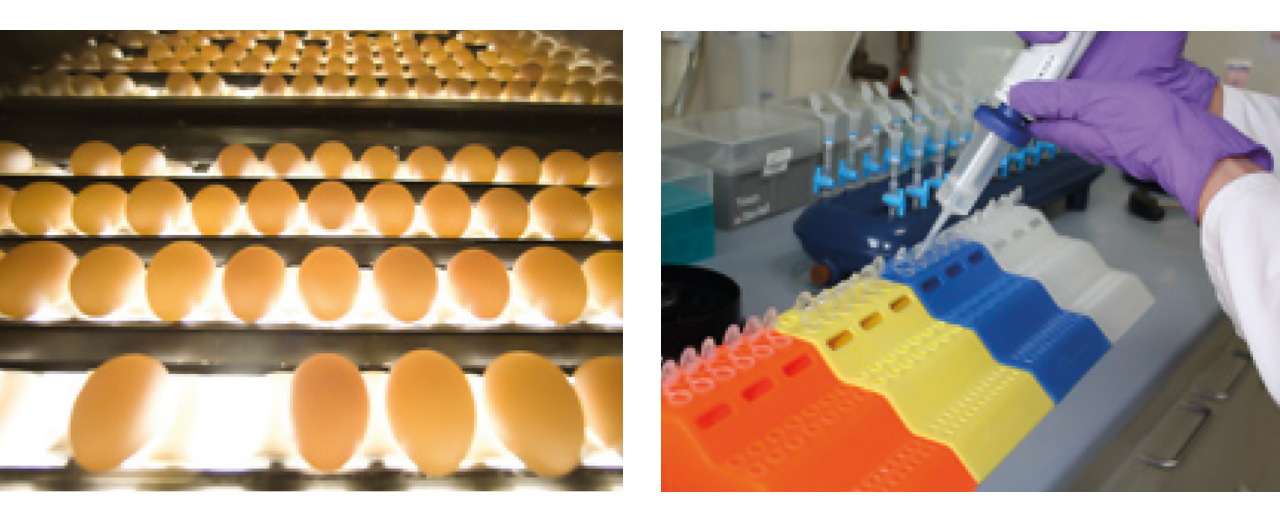
Research & Development
The Veterinary Laboratory has conducted research and development projects on identifying and controlling new poultry diseases for many years. It also collaborates closely with national and international universities. The Veterinary Laboratory regularly participates in inter-laboratory proficiency tests in all areas of diagnostics and engages in research projects in collaboration with the genetics department.
Sandra Tietjen
